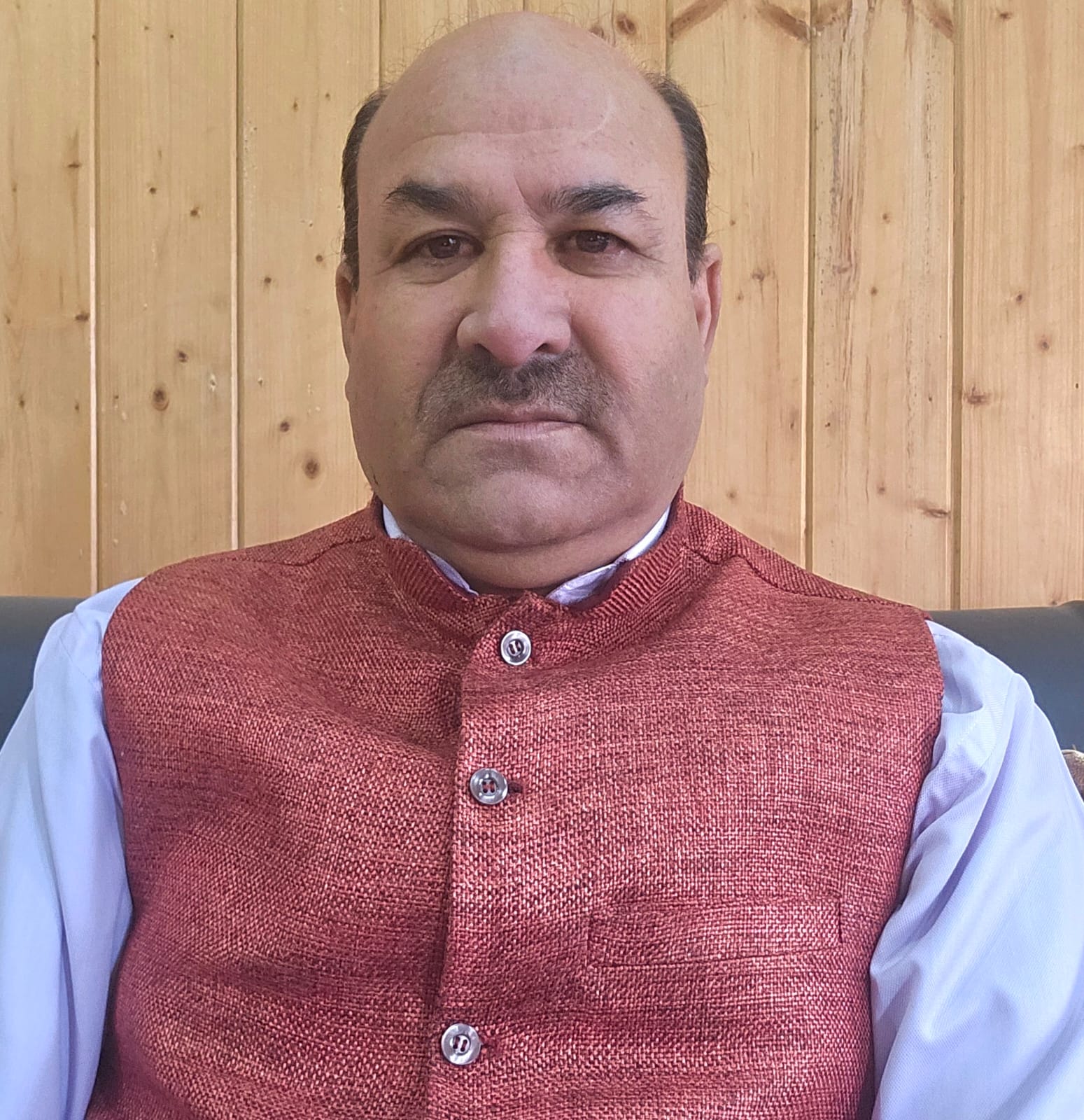By Mohd Rafique Rather
Media is often described as the fourth pillar of democracy, a bridge between the government and the governed, a voice for the voiceless, and a watchdog of public accountability. Quality media shapes society, nurtures informed citizens, and sets positive trends for generations to come. A responsible press has the power to correct the course of governance, question authority, and highlight issues that matter to the common people. However, in recent years, we have witnessed the alarming rise of a so-called media that has not only tarnished the image of this sacred institution but has also degraded the moral fabric of our society.
The rapid technological revolution, especially the explosion of smartphones and social media platforms, has democratized access to information, but it has also opened the floodgates for misinformation, sensationalism, and unprofessional conduct. Today, one doesn’t need a journalism degree, editorial training, or even basic ethical understanding to become a “journalist.” All it takes is an Android phone, a cheap microphone, and a Facebook page to enter the field. This new culture of “Facebook journalism” or “mobile journalism” has triggered a mushroom growth of fake journalists who parade themselves as reporters, anchormen, and social activists — without any sense of responsibility or accountability.
These self-styled “journalists” roam around public offices, markets, and even homes with their phone cameras on, intimidating officials and exploiting innocent citizens. They often indulge in blackmail, extortion, and character assassination — all under the garb of exposing corruption or delivering justice. Many among them are driven not by facts or a sense of duty toward society, but by personal gain, political favour, or the hunger for social media popularity. What was once a noble profession has now become, in many cases, a marketplace of deceit.
Even more disturbing is the growing trend of invading people’s private lives. Domestic disputes, family quarrels, and deeply personal issues are now shamelessly filmed and circulated on social media platforms to attract likes and followers. The concept of privacy, a basic human right has almost vanished. Innocent citizens find their dignity violated in the name of “public interest journalism.” This isn’t journalism it’s voyeurism, exploitation, and moral bankruptcy wrapped in the false banner of free speech.
It is equally true, however, that citizen journalism, which has occupied prominence in recent years, has played a major role in highlighting public issues of vital importance. It has exposed corruption, brought attention to neglected areas, and even contributed to infrastructural development by amplifying the grievances of common people. In many cases, where mainstream media failed or hesitated, citizen journalists have filled the void and acted as catalysts for change. But at the same time, its mushrooming and unchecked expansion has created serious challenges. When untrained and unregulated individuals take the mantle of journalism without understanding its ethics or boundaries, they create havoc in public life, distort facts, and destroy the privacy of families and individuals. The result is a society overwhelmed by chaos, confusion, and character assassination rather than awareness or accountability.
True journalism is built on the pillars of truth, objectivity, and ethics. It seeks to inform, not inflame; to question, not humiliate; to illuminate, not exploit. A journalist’s credibility lies in their adherence to facts, balanced reporting, and compassion for the people whose stories they tell. Sadly, the unregulated social media landscape has enabled a section of individuals to weaponize communication tools against society itself. They thrive on half-truths, rumours, and sensational headlines that distort reality and deepen social divisions.
The recent crackdown by the Lieutenant Governor’s administration on fake journalists in Jammu and Kashmir must be viewed in this context. It is not an attack on freedom of expression it is an effort to protect the credibility of genuine journalism. The administration’s move to identify and act against those misusing the noble title of “journalist” is timely and essential. No one should be allowed to exploit people, defame institutions, or destroy reputations under the guise of press freedom.
However, the responsibility to restore dignity to journalism cannot rest solely with the government. Press councils, journalist associations, and established media houses must also step forward to create a transparent and credible accreditation mechanism. Only trained and ethical journalists should be authorized to report on public issues. There must also be legal safeguards against those who use journalism as a cover for blackmail or intimidation.
Equally important is the role of journalism schools and training institutes. They must go beyond teaching writing and reporting skills to emphasize media ethics, legal awareness, and digital responsibility. Young aspirants need to understand that journalism is not about chasing viral fame but about serving the truth and strengthening democracy. A society without ethical journalism becomes vulnerable to manipulation, hatred, and chaos.
Citizens, too, have a role to play. People must learn to differentiate between credible news sources and self-proclaimed social media “journalists.” Blindly sharing unverified content or giving undue attention to fake reporters only emboldens them. The public must learn to question, not just the government, but also those who claim to question on their behalf.
In conclusion, the rise of fake journalism is a direct threat to democracy, dignity, and decency. It is not merely a media problem; it is a social crisis that undermines trust in genuine institutions. The ongoing crackdown should serve as a wake-up call for all stakeholders to cleanse this vital profession of opportunists who exploit technology and freedom for personal gain.
Let us remember journalism is not about shouting into a camera or chasing likes on Facebook. It is about pursuing truth with courage, compassion, and integrity. To preserve democracy, we must reclaim journalism as the noble calling it once was a force that enlightens minds, empowers the voiceless, and strengthens the moral spine of our society.
The Author is a former trade union leader, educationist, columnist and a TV debater.
can be reached out at mrafiqr65@gmail.com

